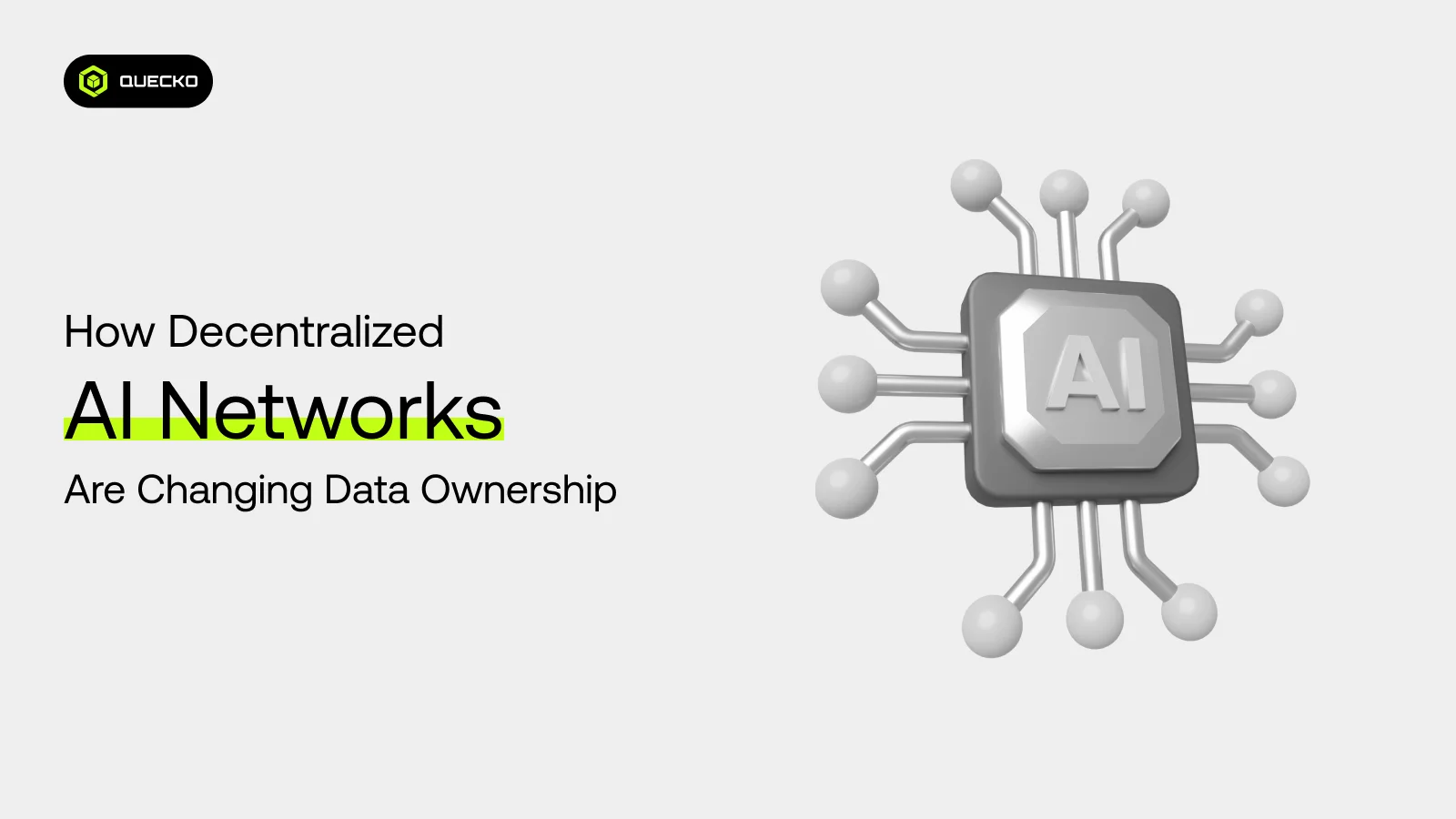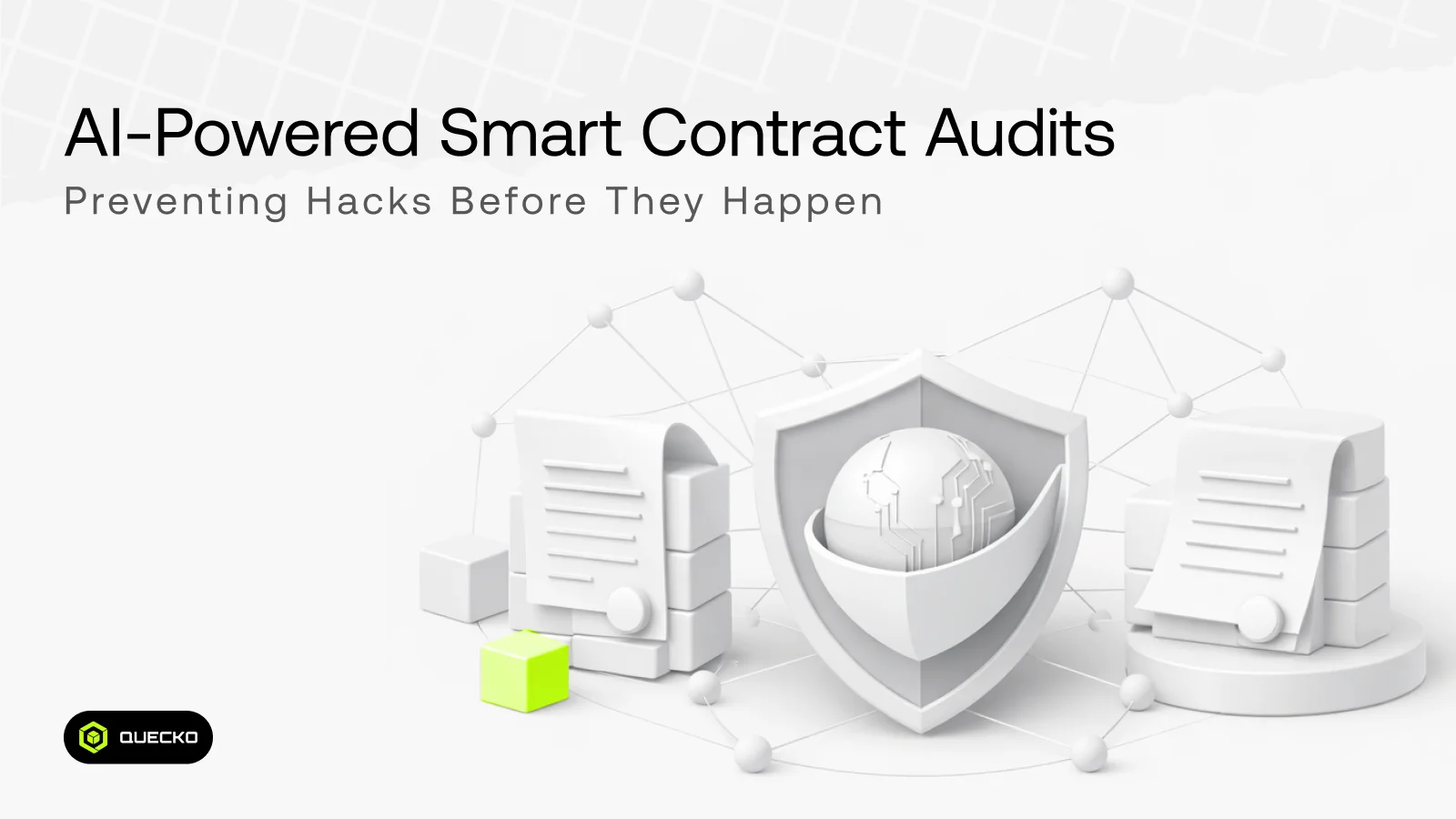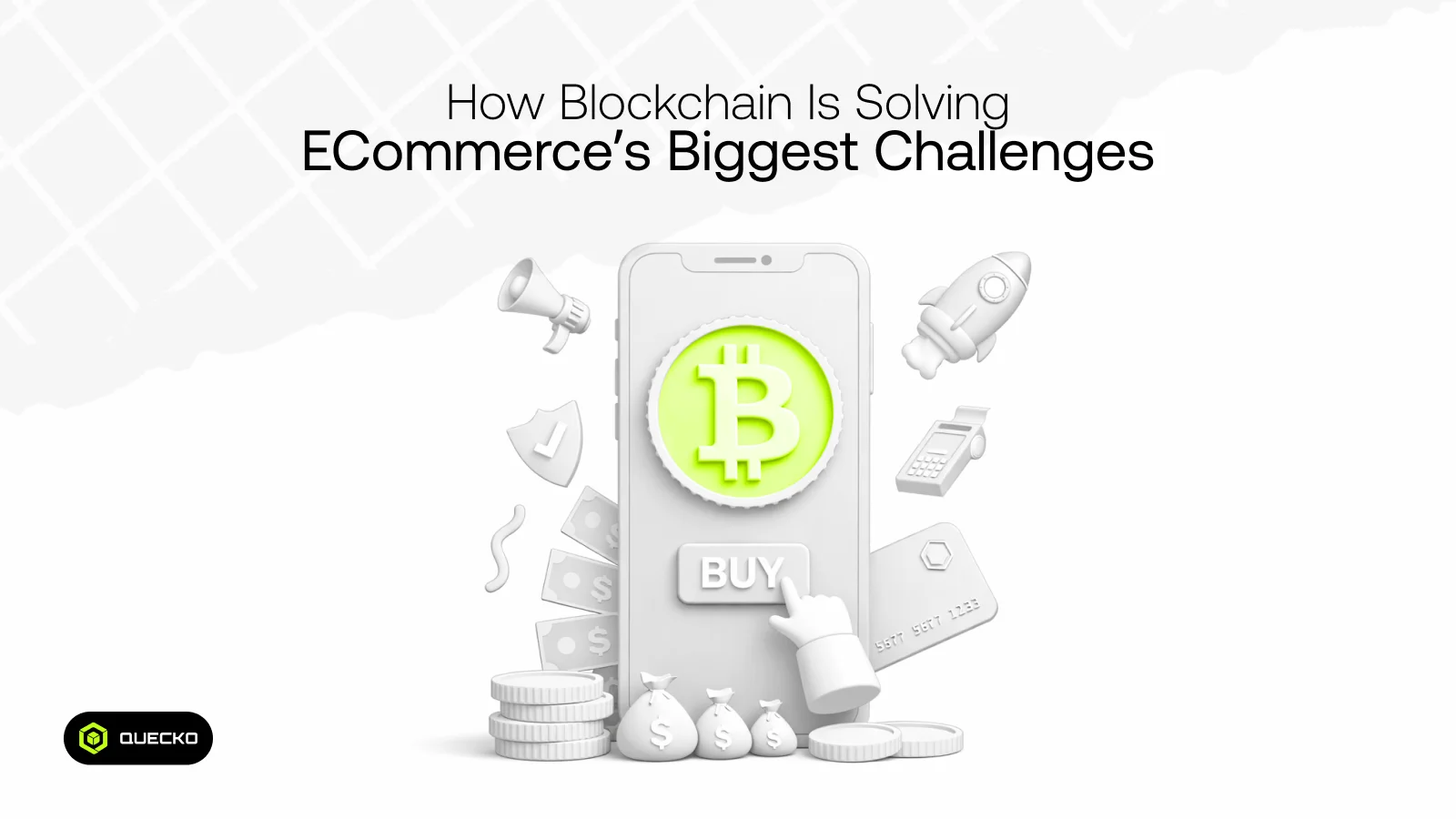How Decentralized AI Networks Are Changing Data Ownership
Explore how decentralized AI is redefining data ownership, privacy, and user control in the digital age.

Many people consider data the new oil in today’s digital market. On the other hand, data stored in large systems is typically separated, restricted, and used for profit by just one authority or business. People have worried that the model might limit user privacy, allow outside access, be controlled by a single entity, and lead to biased results. As AI is used more in both our lives and work, the issues are becoming clearer. In turn, a new type of AI is forming: Decentralized AI Networks that use blockchain technology, which offer to change how data belongs to people and communities by increasing their control and value over its use.
Understanding Decentralized AI Networks
A Decentralized AI Network is a distributed system where data and AI algorithms operate across a network of nodes, instead of being governed by a central server or centralized data centers. In such a network, no centralized entity has exclusive control. Instead, data and computational resources are shared among multiple participants. This democratized structure is made possible by blockchain platforms, decentralized storage solutions, and peer-to-peer computing power contributions.
At the heart of this progress is Federated Learning. Rather than having to upload raw data somewhere central, Federated Learning allows each device to train its own version of the model. The network only transfers updated model weights, leaving the data at its source. It helps maintain the privacy of users, lowers the risk of anyone illegally using the network, keeps data protected, and uses unused resources to make computing more efficient.
The Problem with Centralized AI Models
Current AI systems mostly operate within centralized systems where vast amounts of data are collected and processed in centralized data repositories. These systems are typically managed by big tech companies with extensive computational power and complete control over user data. While this model has led to significant AI advancements, it also introduces several serious problems:
Unauthorized Access: Centralized systems are prime targets for cyberattacks, putting sensitive user data at risk. A single breach in a centralized server can expose vast amounts of information, leading to large-scale data leaks.
Loss of User Privacy: Personal information is often collected without informed consent and used for purposes users never agreed to. Centralized entities can aggregate and exploit user data at scale, often without transparency or accountability.
Single Point of Failure: A breach or outage in a centralized server can disrupt entire ecosystems. This dependency makes systems highly vulnerable to cyberattacks, technical malfunctions, or even intentional shutdowns.
Lack of Transparency: Users have no visibility into how their data is used or who accesses it. This opacity fosters mistrust and prevents users from holding centralized entities accountable for misuse or abuse.
Biased Decision-Making: Centralized data often reflects societal biases, leading to skewed and unfair AI outcomes. These biases can be amplified in AI models, resulting in discrimination and reinforcing existing inequalities.
Resource Bottlenecks: AI operations require immense computational resources, which are limited in centralized systems. This limitation can slow down processing speeds and restrict the scalability of AI applications.
How Blockchain Enables Decentralized AI
The main foundation of decentralized AI is blockchain integration. Blockchain’s ability to keep data unchanged means every transaction can be tracked and seen by all. Such systems increase the security of access and of data storage by using cryptographic hashes.
Smart contracts can be implemented to automatically take care of resource distribution, model development, and data audit work. Because of these AI-based Smart Contracts, there are no middlemen, costs go down, and the system can process data instantaneously. Also, smart contracts ensure that access to data is controlled by rules about who is allowed, at what time, and according to what conditions, adding more security and compliance to the system.
For example, in these kinds of markets, users can decide how their information is handled, and they are paid for it. Users can now use the value their data generates themselves instead of giving it to corporations.
The Rise of the Decentralized Data Owner
In a decentralized approach, individuals gain unprecedented control over their data. Users can store their information securely through decentralized storage solutions and share it selectively using decentralized identity solutions. This shifts data ownership from corporations to the individuals who generate it.
With help from AI-controlled DAOs, users also actively contribute to determining how their community data will be used to train AI and which algorithms are applied. By working together in this way, everyone is responsible, and people take more charge of their lives.
Key components of this shift include:
- Decentralized identity solutions for verifiable, self-owned digital identities.
- Incentivized participation in data sharing using tokens or reputation systems.
- Transparent governance models through blockchain-enabled voting and proposals.
- Full auditability and traceability of data usage.
Use Cases: Where Decentralized AI is Already at Work
The blend of blockchain technology and AI is already showing promise across various industries:
1. Smart Cities
Data collected by IoT devices in real time can be included in decentralized networks to better handle urban transport, water supply, and emergency action, while also preserving users’ privacy. Local governments don’t need to establish a central bank of information to make use of AI.
2. Healthcare
Decentralized AI facilitates secure data sharing among hospitals and research institutions. Patients control access to their health records and contribute anonymized data to train AI models, enabling medical advances while preserving user trust.
3. Decentralized Finance (DeFi)
DeFi protocols use AI for market predictions, fraud detection, and risk assessment. Instead of relying on a central entity, AI-driven Smart Contracts execute trades, evaluate loans, and manage resource allocation autonomously.
4. Blockchain Economy and Marketplaces
Organizations like Gravity Team explore innovative solutions to monetize data responsibly. By enabling secure data sharing via blockchain protocols, they create new economic models where users are paid for their data contributions.
5. Decentralized Cloud Computing
Instead of relying on one company for all the power, decentralized AI networks get it from individual users. As a result, both expense and speed are improved in running computer systems.
Addressing the Challenges
While the potential of Decentralized AI is vast, several critical challenges must be addressed:
Interoperability: Different blockchain networks and AI models need to function seamlessly together.
Scalability: Handling the sheer volume of real-time data across a global network of nodes.
Computational Resources: Managing distributed computing power and ensuring tasks are completed efficiently.
Data Quality: Ensuring comprehensive datasets are accurate, diverse, and free from bias.
User Experience: Simplifying interfaces so non-technical users can easily manage their data.
Security and Compliance: Navigating global regulations around data sovereignty, especially with decentralized models.
Despite these obstacles, development is accelerating. Ecosystems are being built with solid foundations, including interoperability protocols, secure APIs, and governance layers.
The Evolution of Trust and Transparency
The decentralized AI movement also signals a broader shift in how we perceive trust in technology. In centralized models, users must blindly trust companies to manage their data ethically. In contrast, decentralized systems build user trust through transparency, auditability, and immutable record-keeping.
There is already big interest in this trend among the Crypto Community, as many choose decentralized Apps for messaging, finances, storage, and computing. With even more people building on these systems, we should see more amazing new technology and applications.
The Role of Visionaries and Conferences
Historical figures like Alan Turing laid the groundwork for AI, but today’s innovators are focused on reshaping its future. Events such as Bitcoin Miami and Conferences around the world serve as platforms for showcasing new research, announcements, and collaborative projects. These events foster dialogue around ethical AI, decentralized data ownership, and new economic models for data monetization.
Road Ahead
More than just a technology change, the mix of AI, blockchain, and decentralized networks brings social and philosophical changes as well. As we switch from traditional central systems to new decentralized ones, we reshape how data ownership, control, and benefits are understood.
Our decentralized intelligence approach focuses on giving value to privacy, openness, and people over money and power. Not only do these technologies drive innovation, but they also help us escape from old systems of control.
Conclusion
Decentralized AI Networks are needed because centralized data management is not working well. Integrating blockchain, AI-powered smart contracts, and making decisions together gives us the ability to return power to people.
If developers, entrepreneurs, and users join the movement, we will see the start of an era in which data ownership, user privacy, and ethical AI are no longer optional, they are simply the norm. Being decentralized will make these systems safer, more accessible, and able to withstand shocks, allowing millions across the globe to benefit. The use of decentralized cloud computing, AI-supported DAOs, and smart cities creates endless opportunities.
The question now is: will we step up, use our data, and help create a more equal digital community?
Date
9 months agoShare on
Related Blogs

AI-Powered Smart Contract Audits: Preventing Hacks Before They Happen
6 days ago

How Blockchain Is Solving E-Commerce’s Biggest Challenges
18 days ago

Institutional Adoption of Blockchain and Tokenization
1 month ago

Blockchain Security in 2026: Protecting Users from Smart Contract & Bridge Hacks
1 month ago








